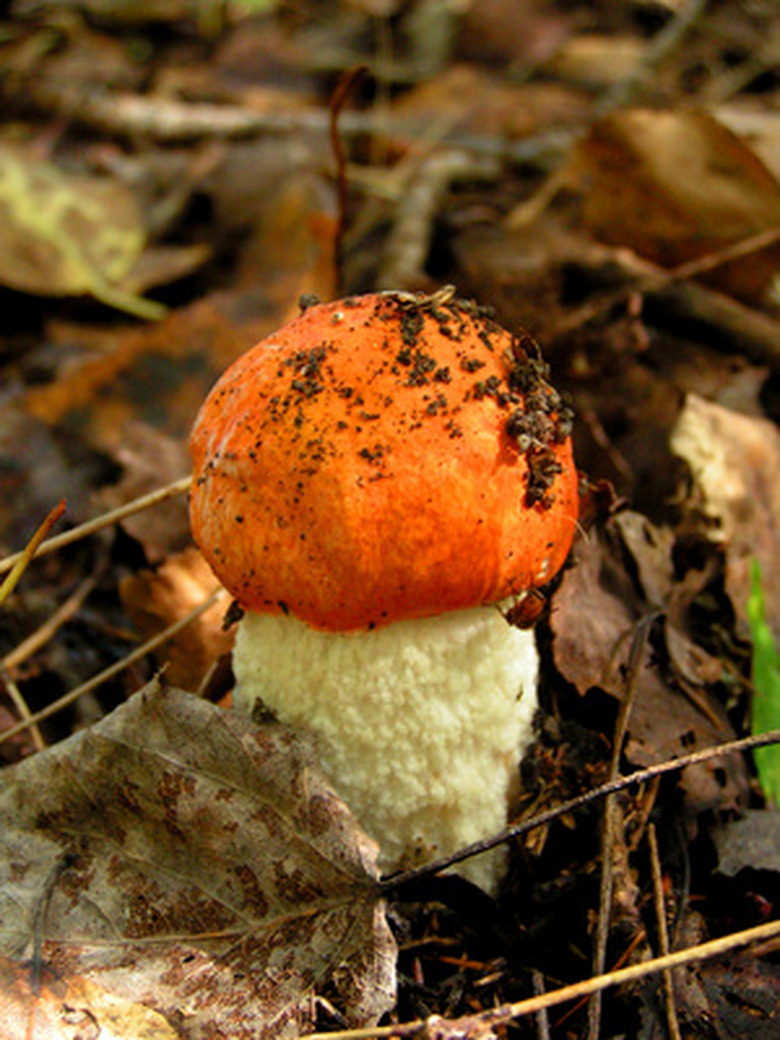Why Are Mushrooms Growing Out Of My Compost?
Home composting is a useful and inexpensive way to get rid of yard, home and garden waste. A few months later, your compost pile will reward you with rich, fertile soil additives. However, compost piles can have some problems. Food scraps may attract wild animals, poorly maintained compost piles may stop working properly, and some compost piles even produce mushrooms.
Toadstools
Toadstools
While some people feel that toadstools — fungi with a stalk and a cap — are unsightly in a compost pile, they are unlikely to cause harm to the compost itself. These fungi grow from mycelium, fine threads of fungus, in the compost pile itself. When the environment becomes warm and wet, the fungus produces a mushroom or toadstool. You can reduce the incidence of toadstools in your compost by turning the pile regularly.
Nuisance Fungi
Nuisance Fungi
Some compost piles contain mushrooms and other fungi that can cause problems around the home and garden. For instance, artillery fungi (Sphaerobolus species) shoot their spores high into the air, causing unsightly black spots on plants and house siding. Slime molds can also cause problems. In the compost pile, they're simply unattractive, but when these molds release spores, they can spread to other surfaces, such as your home.
Warning
Warning
While most fungi won't actually hurt the compost pile itself, many types of mushrooms are poisonous. They can present a danger to small children and pets if consumed. Ohio State University recommends removing the mushrooms from the compost pile and disposing of them separately to prevent poisoning accidents on your property. This won't actually kill the fungus, but it will keep the dangerous parts away from your loved ones.
Control
Control
Mushrooms and other fungi are more likely to grow in your compost pile when it contains a high amount of cellulose material. Many of these organisms grow on rotting wood, leaves and other plant material. Maintain a good ratio of cellulose and nitrogen sources, such as food scraps, in your compost pile, and aerate it regularly with a fork or other implement to disturb any mycelium that may be growing in the pile. Fungi are also encouraged by low temperatures and high moisture levels in the compost pile. Use a compost thermometer to ensure optimum composting conditions and discourage the growth of mushrooms.
